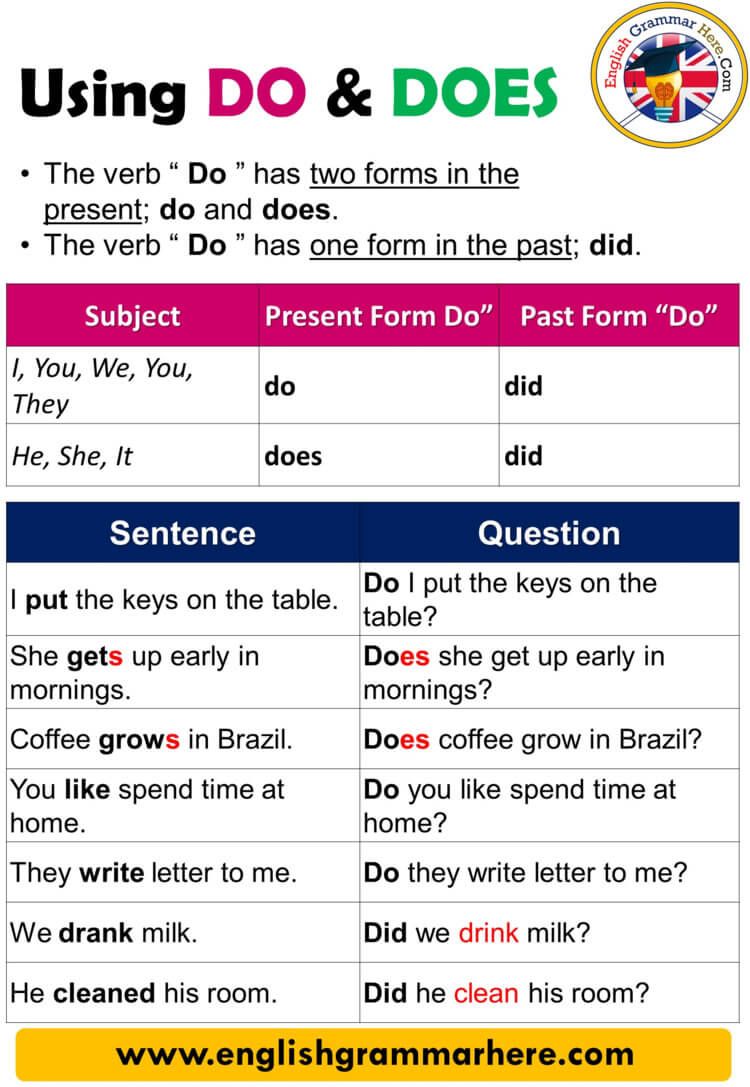Understanding Home Appraisals: Timeline, Pitfalls, and How to Prepare
What Is a Home Appraisal and Why Does It Matter?
A home appraisal is a formal evaluation of a property’s market value conducted by a licensed professional. Most commonly required during real estate transactions, appraisals play a pivotal role in mortgage approval, refinancing, and certain legal proceedings. Lenders use the appraisal to ensure the home’s value supports the loan amount requested. If the appraisal comes in lower than the purchase price or expected value, it can jeopardize financing, renegotiations, or even the sale itself [1] .
How Long Does a Home Appraisal Take?
The timeline for a home appraisal can vary based on several factors, including property size, location, appraiser availability, and market activity. The process can be broken down into distinct phases, each with its own time requirements:
1. Scheduling the Appraisal
After your lender orders the appraisal-often through a third-party management company-the appraiser will typically reach out within 48 hours to schedule their visit. During busy market periods, such as spring and summer, it may take longer to secure an appointment due to high demand [2] .
2. On-Site Appraisal Visit
The physical inspection of your home usually takes between 30 minutes and a few hours. Standard-sized homes generally require less than an hour, while larger or uniquely featured properties may take up to three hours. During this visit, the appraiser will walk through the interior and exterior, capture photographs, measure rooms, and note the condition of the property [3] .
3. Appraisal Report Preparation
After the site visit, the appraiser compiles their findings, researches comparable home sales, and finalizes a detailed report. This stage can take anywhere from two days to a week, depending on the complexity of the property and the appraiser’s workload. In competitive real estate markets, or if special loan types (like FHA or VA) are involved, the process may extend up to three weeks [4] . Delays are more common during high volume periods or when the appraiser is managing multiple assignments.
4. Total Appraisal Timeline
From the initial order to delivery of the final report, most home appraisals are completed within one to two weeks. In rare cases, it could take as little as a few days or as long as a month, especially in busy seasons or for complex properties [3] . It’s important for sellers and buyers to remain flexible and communicate proactively with their agents and lenders to minimize delays.
What Can Hurt a Home Appraisal?
Several factors can negatively impact the appraised value of your home. Understanding these risks allows homeowners to address issues in advance and maximize their property’s value. Here are the most common pitfalls:
1. Poor Home Condition and Deferred Maintenance
Visible signs of neglect-such as peeling paint, damaged flooring, outdated fixtures, or broken appliances-signal to appraisers that the property has not been well maintained. These issues can lower the appraised value or prompt the appraiser to recommend repairs before closing. Even minor problems like leaky faucets, stuck windows, or stained carpets can influence the final report. According to industry experts, ensuring your home is clean and in good repair prior to the appraisal visit can make a meaningful difference [2] .
2. Outdated or Incomplete Renovations
While recent upgrades can boost value, incomplete projects or unpermitted renovations often have the opposite effect. Appraisers may devalue a home with unfinished rooms or visible construction. Additionally, updates that are inconsistent with the rest of the home-or that don’t meet local code requirements-can be viewed negatively. If you’ve made significant changes, provide documentation and permits during the appraisal to demonstrate proper completion and compliance with regulations [1] .
3. Negative Neighborhood Trends
The value of your home is heavily influenced by comparable sales-or “comps”-in your area. If nearby properties have recently sold for less, or if the neighborhood is experiencing a downturn in value, your appraisal could be lower than expected. Factors such as increased vacancy rates, declining schools, or local crime concerns can also weigh on the outcome. While you can’t control your neighborhood, highlighting positive trends or recent improvements (like new parks or retail centers) during the appraisal may help offset negatives.
4. Over-Personalization and Unusual Customizations
Highly personalized spaces or unusual features that don’t appeal to most buyers-such as themed rooms, non-standard floor plans, or unique fixtures-can limit the appraised value. Appraisers assess what the average buyer would pay, so features that are too tailored to specific tastes may not be valued as highly as you expect.

Source: etsy.com
5. Inaccurate or Incomplete Information
Failing to disclose recent upgrades, repairs, or improvements can result in a lower valuation. Conversely, providing outdated or exaggerated information may undermine your credibility. Organize documentation (such as receipts for renovations, warranties, and permits) in advance and share them with the appraiser during the visit [4] .
How to Prepare for a Successful Home Appraisal
Proactive preparation can help maximize your home’s appraised value and minimize delays. Here’s how to get ready:
1. Complete Repairs and Maintenance
Address minor repairs and deferred maintenance before the appraisal. Patch holes, fix leaky faucets, replace burned-out bulbs, and ensure all appliances are working. A well-maintained home sends a positive signal to the appraiser and can prevent deductions for condition issues.
2. Boost Curb Appeal
First impressions matter. Mow the lawn, trim shrubs, clean walkways, and touch up exterior paint. Remove debris and clutter from the yard. These efforts can create a more favorable impression and may slightly improve appraised value.
3. Organize Documentation
Prepare a folder with receipts for completed repairs, a list of recent upgrades, and permits for major renovations. This helps the appraiser account for improvements that may not be immediately obvious.
4. Make Your Home Accessible
Ensure all rooms, closets, attics, and mechanical areas (like HVAC units and water heaters) are accessible. Remove obstacles and provide clear pathways. This allows the appraiser to conduct a thorough inspection without delays.

Source: 7esl.com
5. Highlight Unique Features
If your home has special amenities-such as energy-efficient upgrades, smart home systems, or luxury finishes-point them out during the appraisal visit. Providing evidence of their value or recent installation can help the appraiser factor them into the final report.
What to Do If Your Appraisal Comes in Low
If your home’s appraised value is unexpectedly low, you have several options:
- Request a Reconsideration: Provide additional comps or evidence of overlooked upgrades and ask your lender to reconsider the report.
- Negotiate with the Buyer: The buyer may be willing to increase their down payment or renegotiate the purchase price.
- Appeal the Appraisal: Submit a formal appeal if you believe there were factual errors or missing information.
- Switch Lenders: In rare cases, switching lenders can trigger a new appraisal, though this may delay closing.
Consult with your real estate agent to determine the best course of action based on your situation and local market conditions.
Accessing Home Appraisal Services
To schedule a home appraisal, you typically work through your mortgage lender or a real estate agent, who will coordinate with a licensed local appraiser. If you are refinancing, your lender will order the appraisal for you. For independent appraisals, search for “licensed home appraiser” along with your city or state, or consult your state’s real estate commission for a list of approved professionals. Expect costs to range from $300 to $450 for most homes, although larger or complex properties may cost more [2] .
If you need assistance locating a qualified appraiser, you can:
- Ask your real estate agent or lender for a referral.
- Check your state’s licensing board for a directory of certified appraisers.
- Contact the Appraisal Institute for resources and educational materials.
For mortgage-related appraisals, the lender will handle the process and provide you with the necessary next steps. For other purposes, be sure to confirm the appraiser’s credentials and request a written report for your records.
Key Takeaways
Home appraisals are a vital part of the buying, selling, or refinancing process. Most appraisals take one to two weeks from start to finish, but may extend to a month in busy markets. Maintaining your home, providing clear documentation, and preparing for the visit can help maximize your appraised value. If your appraisal comes in low, there are options to address the shortfall, but preparation and communication are your best tools for a successful outcome.
References
MORE FROM couponito.com













